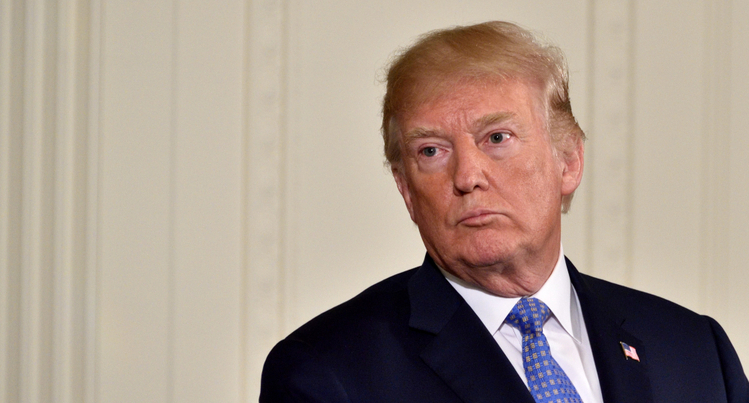'Intriguing point' in Trump SCOTUS brief could mean his vice president would replace him after an election win

In U.S. Supreme Court briefs seeking ballot access, former President Donald Trump and his former U.S. solicitor general are making an argument that could lead to a vice presidential candidate becoming president. Photo from Shutterstock.
In U.S. Supreme Court briefs seeking ballot access, former President Donald Trump and his former U.S. solicitor general are making an argument that could lead to a vice presidential candidate becoming president, according to Jeannie Suk Gersen, a Harvard Law School professor.
Trump’s argument is in his cert petition, filed Wednesday, which asks the Supreme Court to overturn a Colorado Supreme Court ruling that bans him from the primary ballot under Section 3 of the 14th Amendment. The provision bars people from holding U.S. office if they engaged in insurrection or rebellion after taking an oath “to support the Constitution of the United States.”
Trump’s focus on the disqualification clause in Section 3 raises an “intriguing point,” according to Gersen’s Daily Comment article for the New Yorker. At issue is a sentence in Section 3 that reads, “But Congress may by a vote of two-thirds of each House, remove such disability.”
According to Gersen, Trump’s argument is that the clause is about holding office, and it doesn’t prevent anyone, even an insurrectionist, from running or being elected to office because it is always possible that Congress will vote to allow the person to hold office.
The argument is “the centerpiece” of an amicus brief also filed Wednesday on behalf of the National Republican Senatorial Committee and its chair, Gersen said.
Partly written by Noel Francisco, former solicitor general in the Trump administration, the brief argues that, whether or not Section 3 applies, “it unquestionably does not allow Colorado to exclude President Trump from the ballot.” Section 3 bars disqualified people from serving in office but not from running, the brief argues.
The Colorado Supreme Court “effectively usurped Congress’ sole authority to decide when, if at all, to remove any Section 3 disqualification,” the brief argues.
That means that Trump can still run and seek removal of the disqualification, if there is one. What happens after a win and before a qualification vote is governed by the 20th Amendment, which says the vice president must serve as acting president until the president is qualified, the brief says.
“But, of course, there is no guarantee that if Trump is elected in November, Congress will lift his disqualification,” Gersen wrote, “especially because Congress is unlikely to reach the high bar of two-thirds of each house that is needed to do so. That implies that voters who believe that Trump is disqualified as an insurrectionist have the ability to elect him expecting that his running mate will be president, possibly throughout the four-year term.”
See also:
“Why Colorado judge kept Trump on ballot despite finding he engaged in insurrection”



